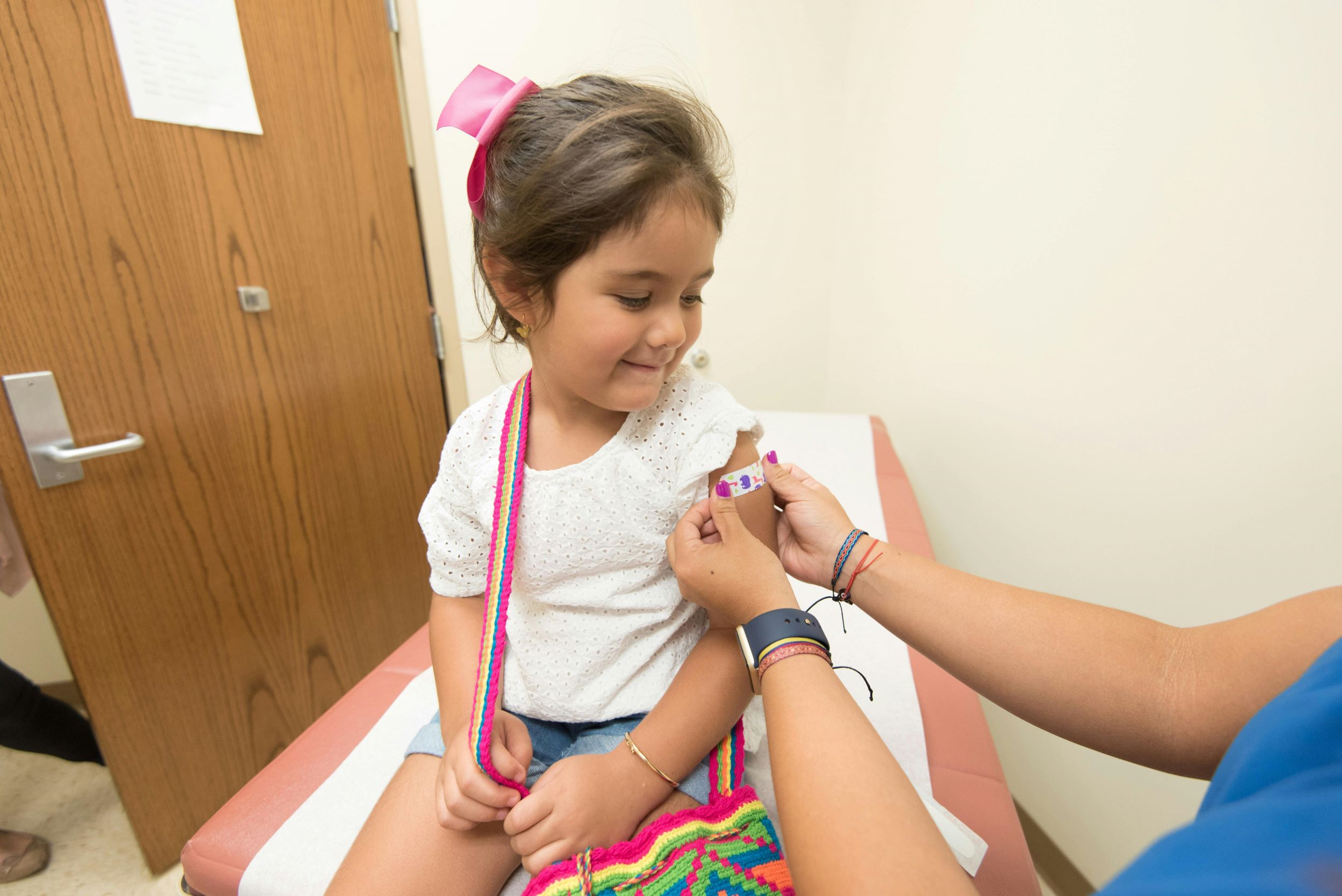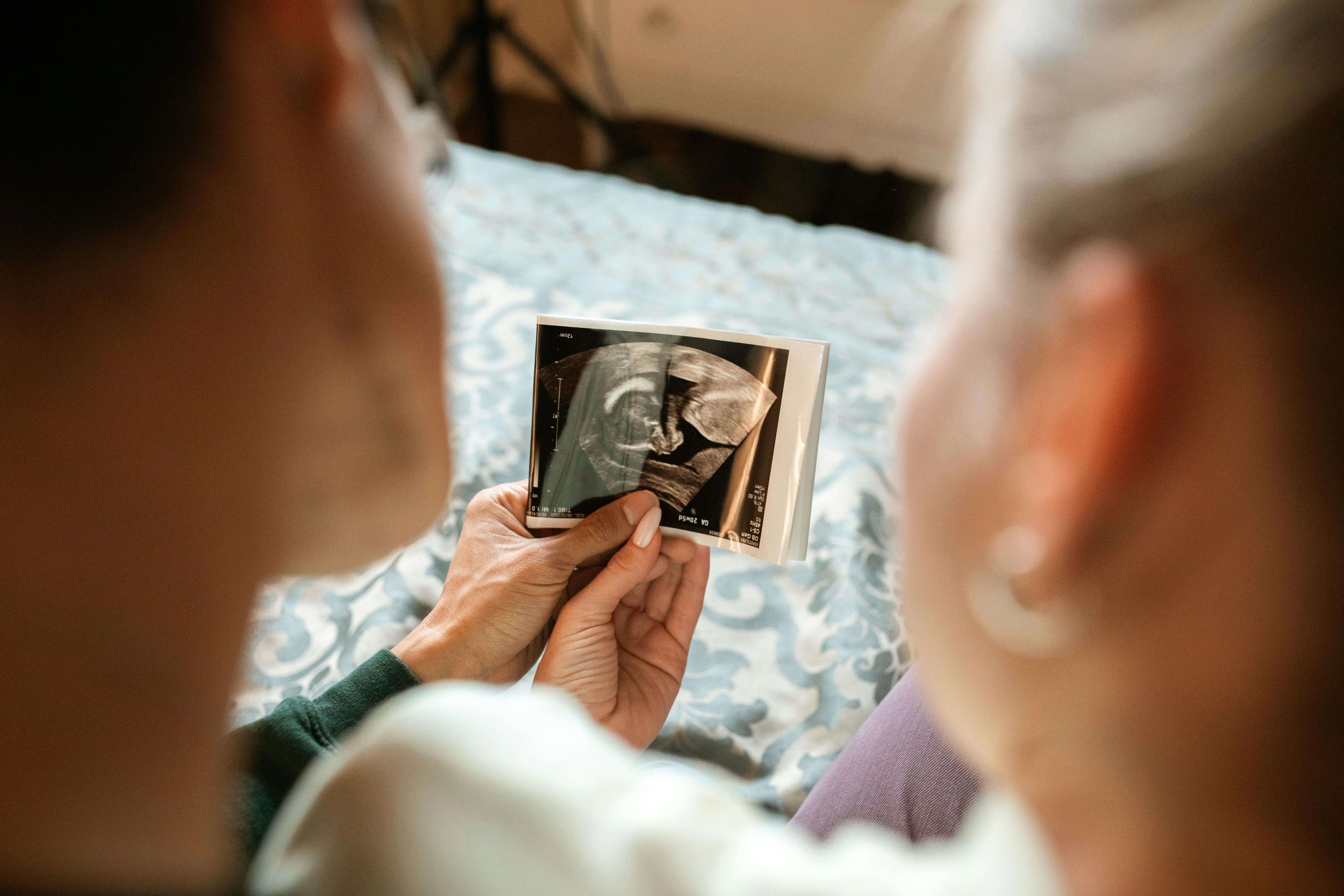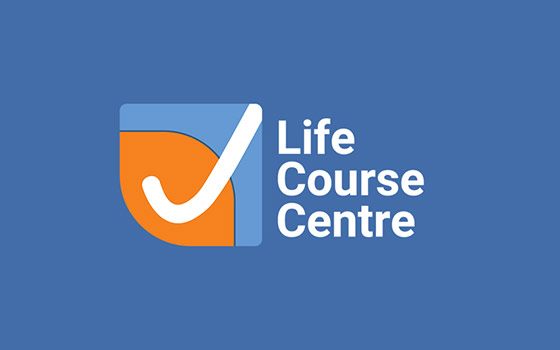Search
Showing results for "early life"

Exploring whether urinary ferritin can be used as an alternative biomarker for measuring iron status in young children over blood draws.
Research
It takes a village: Influencing policy and practice to prevent alcohol use in pregnancy and promote better outcomes for individuals living with Fetal Alcohol Spectrum DisorderFetal Alcohol Spectrum Disorder is a neurodevelopmental disorder caused by exposure to alcohol in utero. It has pervasive, lifelong impacts and is recognised as a major public health concern in many countries where alcohol is used. The FASD Research Australia Centre of Research Excellence was funded by the National Health and Medical Research Council to generate and translate evidence to address prevention, diagnosis, and management of FASD in Australia.
Research
Vitamin D 3 deficiency enhances allergen-induced lymphocyte responses in a mouse model of allergic airway diseaseIn this study, using a mouse model, we determined whether vitamin D deficiency in utero and during early life modulated the severity of asthma.
Research
Psychometric evaluation of clinician- and caregiver-reported clinical severity assessments for individuals with CDKL5 deficiency disorderThe CDKL5 Clinical Severity Assessment is a comprehensive, content-validated measurement tool capturing the diverse challenges of cyclin-dependent kinase-like 5 deficiency disorder, a genetically caused developmental epileptic encephalopathy. The CCSA is divided into clinician-reported and caregiver-reported assessments. The aim of this study was to evaluate the factor structure of these measures through confirmatory factor analysis and evaluate their validity and reliability.
News & Events
Telethon Institute awarded two national Centres of Research ExcellenceTelethon Institute awarded two national Centres of Research Excellence
Research
Creating Equitable Opportunities for Language and Literacy Development in Childhood and AdolescenceThe majority of children acquire language effortlessly but approximately 10% of all children find it difficult especially in the early or preschool years with consequences for many aspects of their subsequent development and experience: literacy, social skills, educational qualifications, mental health and employment.

This research aims to examine subfertility in a population pregnancy cohort, analysing the underlying differences between sub fertile couples who conceive naturally, sub fertile couples who conceive using ART or non-IVF, and fertile couples.
Research
Barriers to Parent–Child Book Reading in Early ChildhoodParent–child book reading interventions alone are unlikely to meet needs of children and families for whom the absence of reading is psychosocial risk factor

News & Events
Despite advances in neonatal care, preterm babies have lower lung function throughout their lifeAnalysis of worldwide research shows that despite advances in neonatal care, preterm babies have lower lung function throughout their life.

Research programs within the Life Course Centre.
